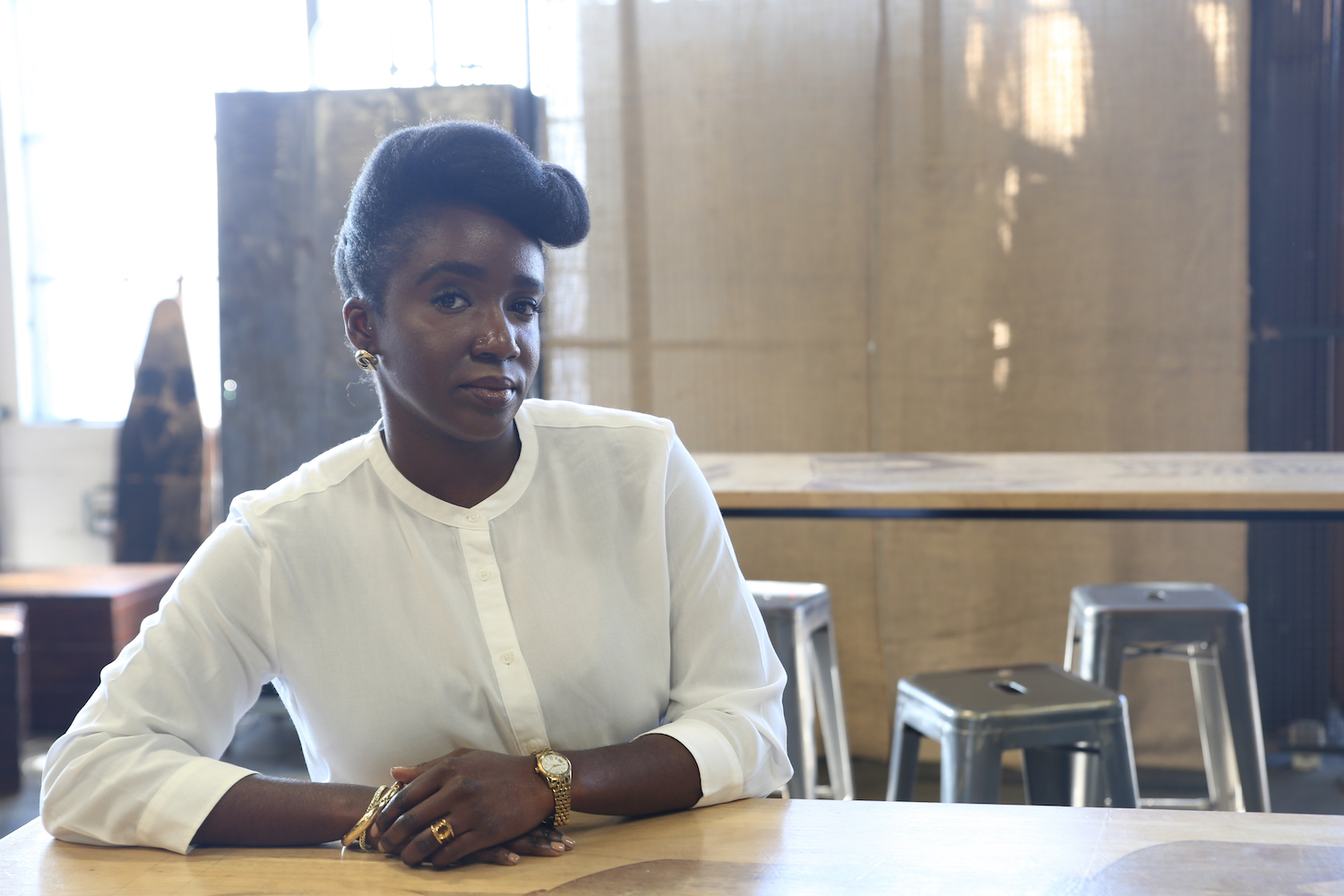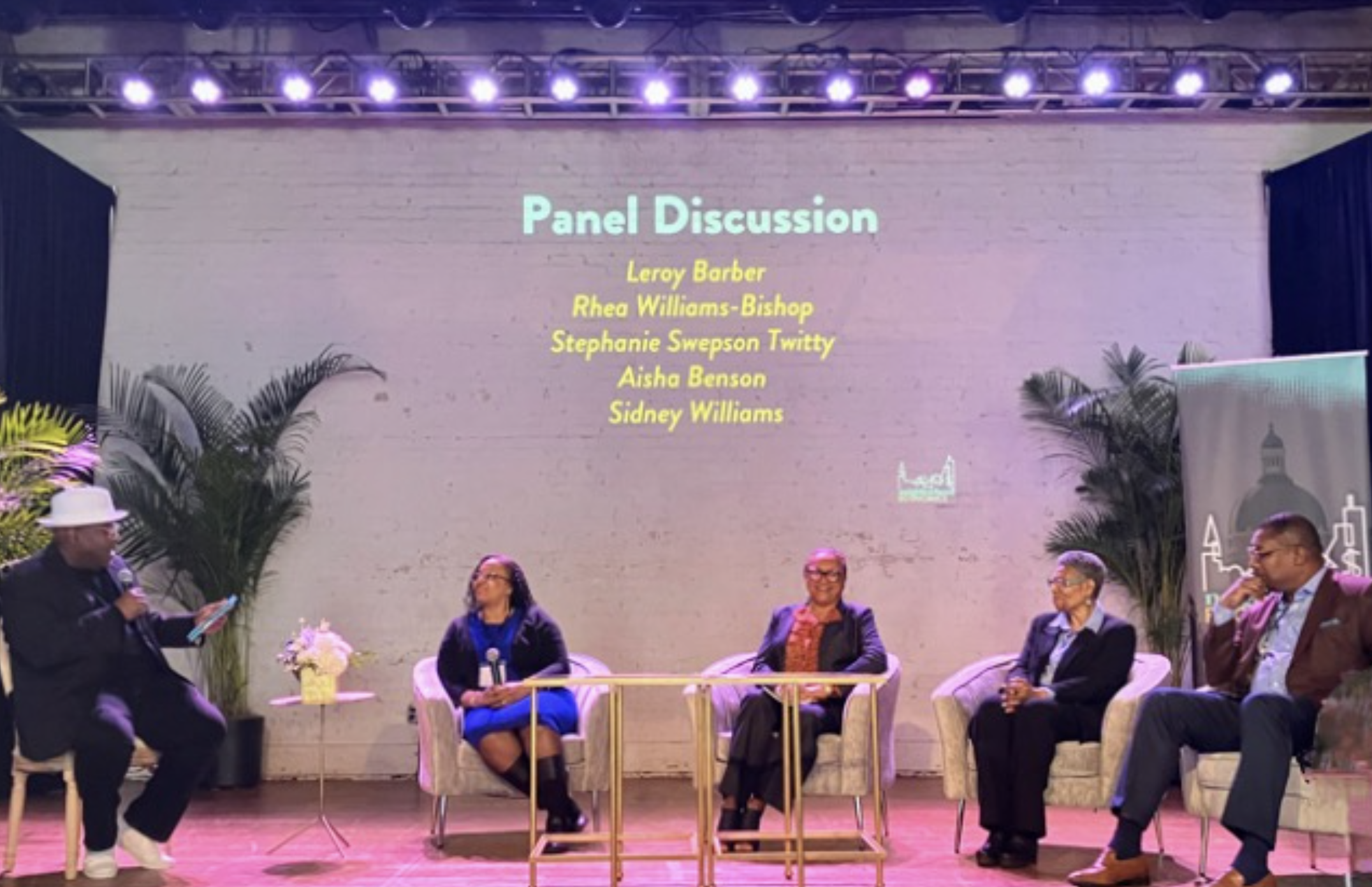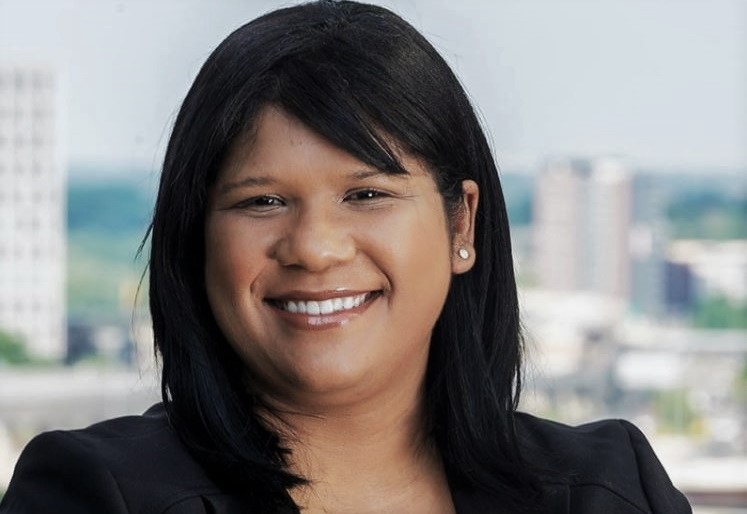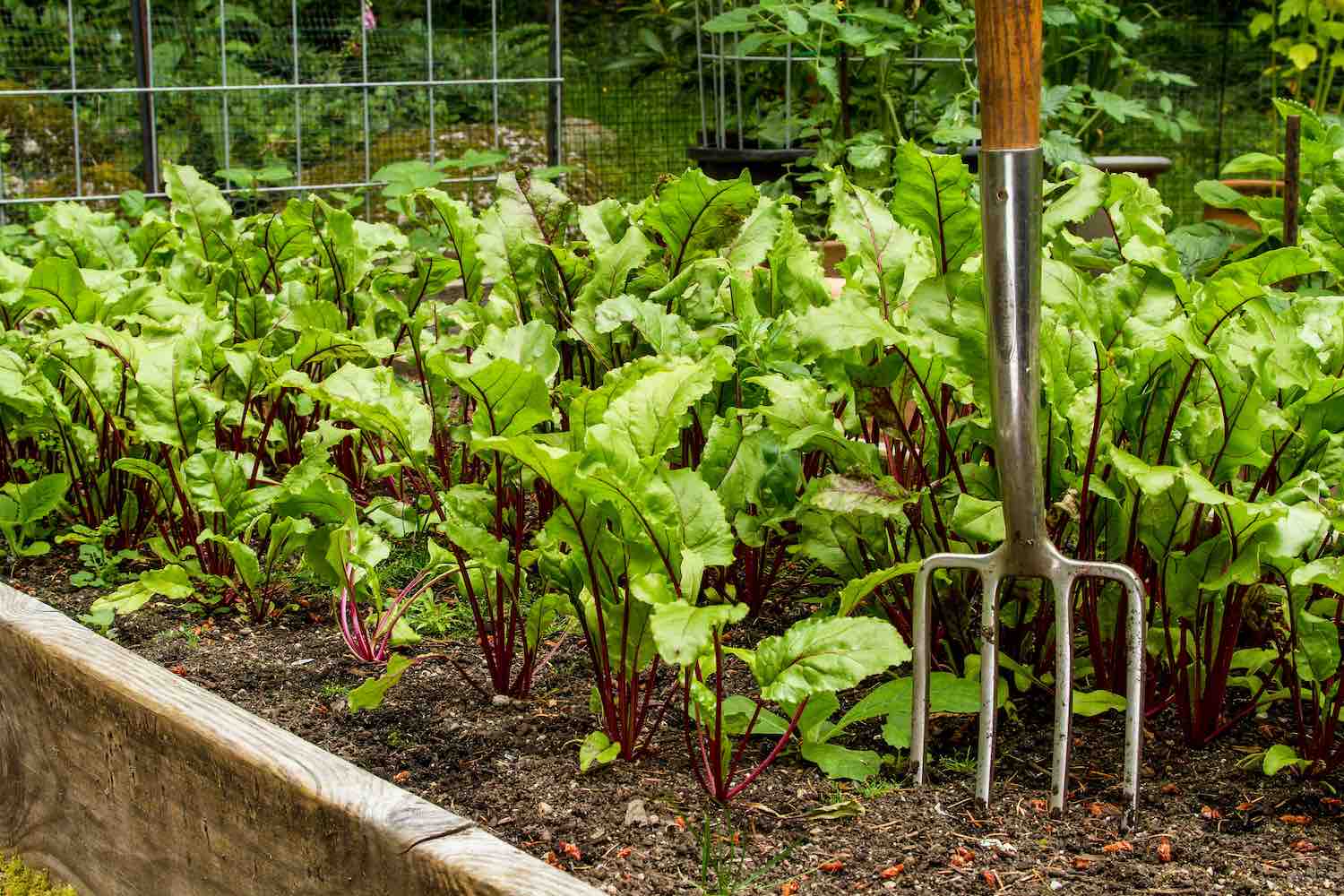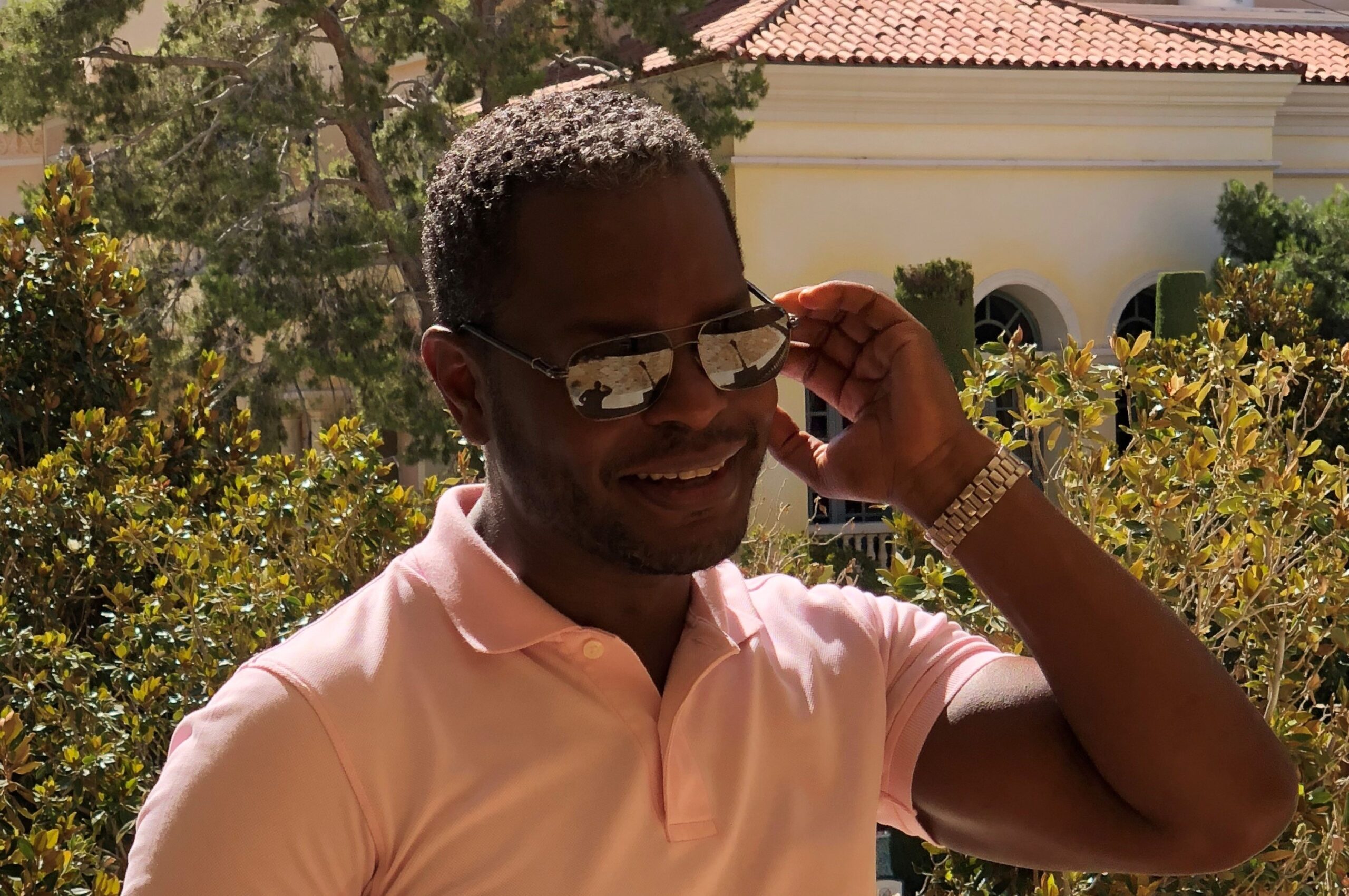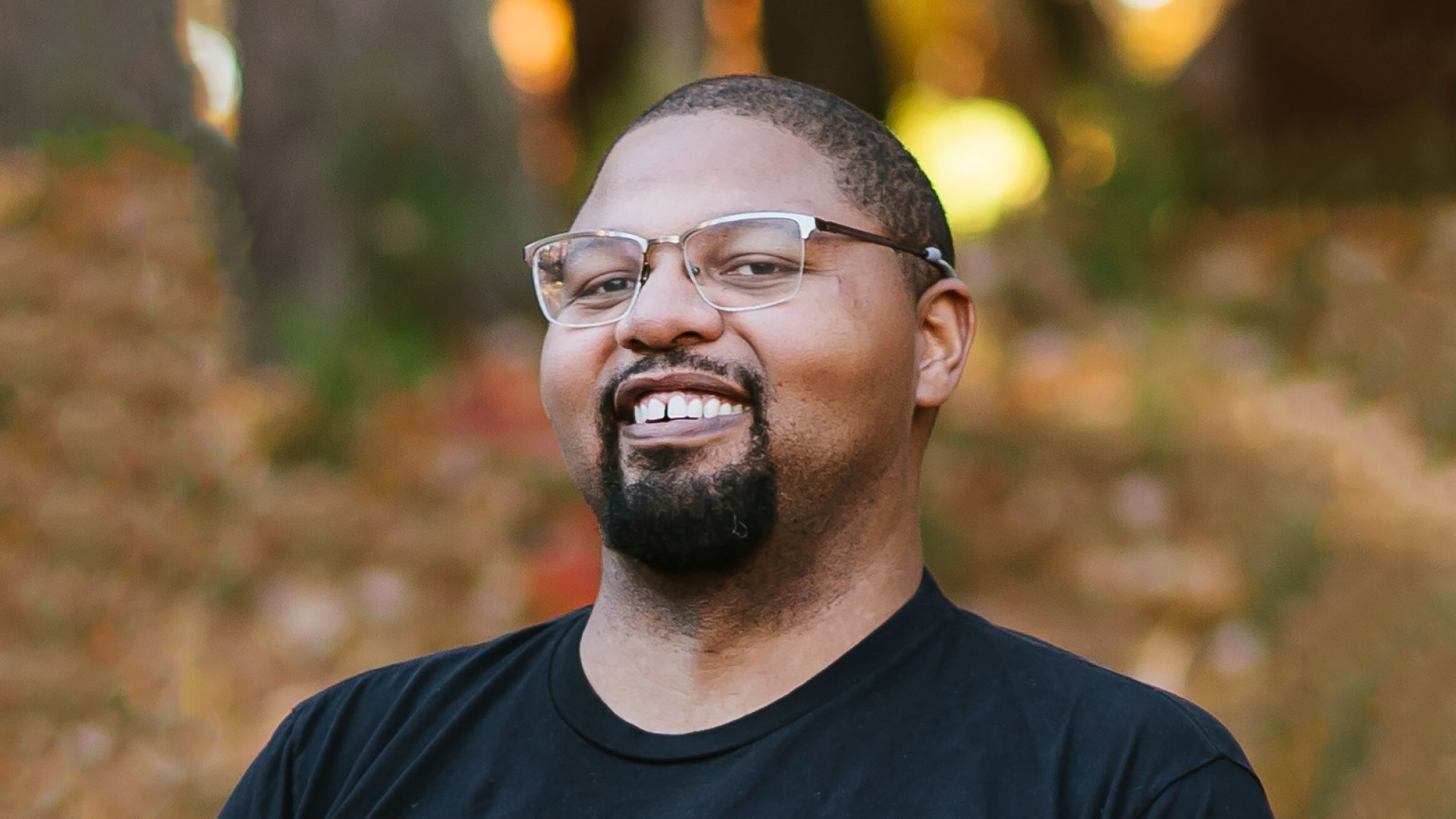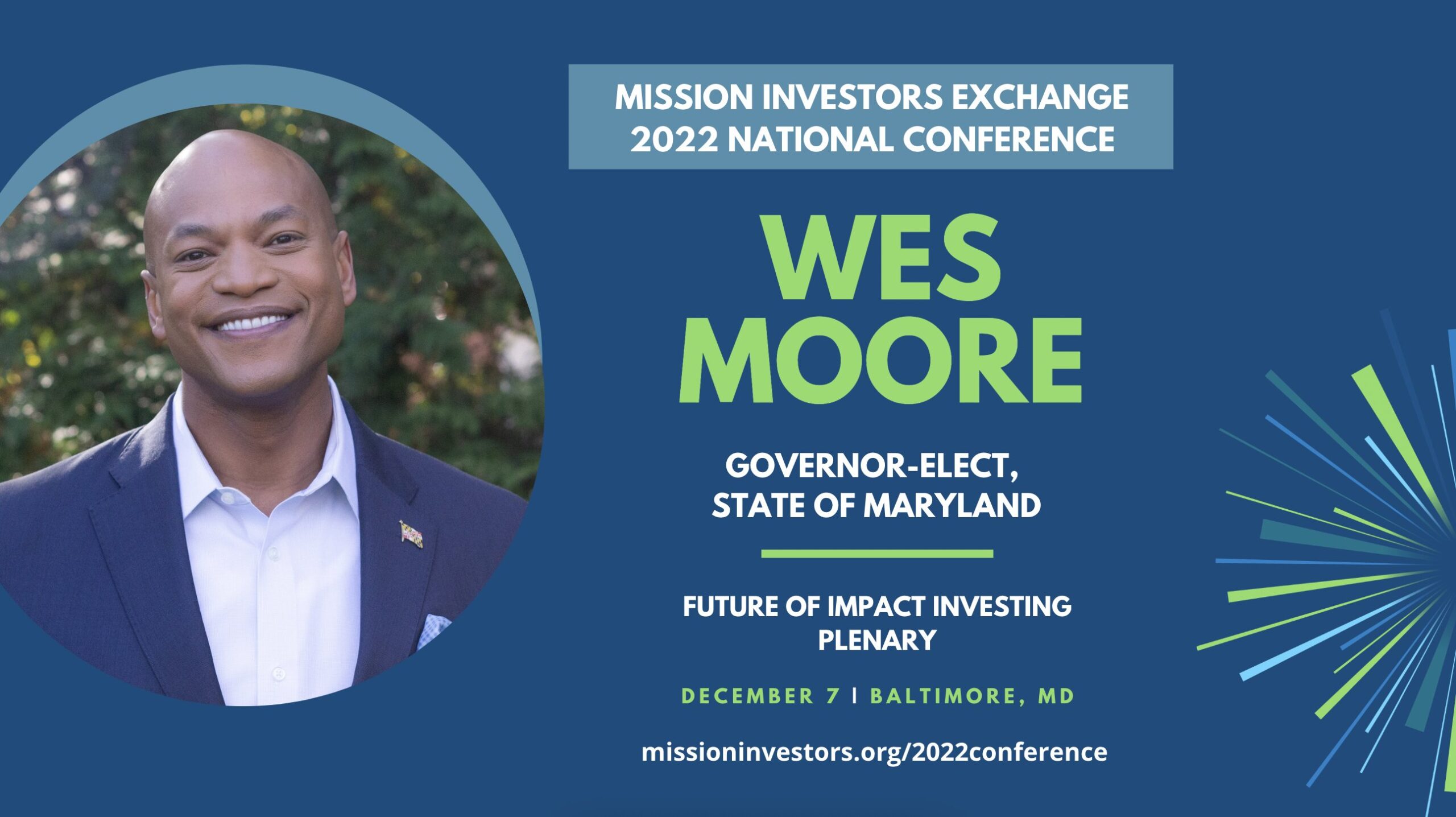ImpactAlpha, Oct. 4 – Black, Indigenous and other communities of color are often told that economic development projects will bring jobs and services to their neighborhoods. The benefits rarely live up to the promises, says Nwamaka Agbo, who leads the San Francisco-based Kataly Foundation.
Abgo’s vision of ‘restorative economics’ seeks to shift ownership and control of community assets — think housing — to the people who live in them. Agbo and Kataly are re-imagining capital as a tool for justice and regenerative wealth-building to “build the type of community that we want to see.”
On The Reconstruction podcast, Agbo and host Monique Aiken discuss Kataly’s strategy to spend down its endowment and redistribute wealth back to communities. Kataly, co-founded by Regan Pritzker, is one of the few foundations dedicated exclusively to building power and asset ownership in BIPOC communities.
Through Kataly’s Restorative Economies Fund, the foundation provides technical support and catalytic capital – grants and investments – to organizations designed to distribute ownership of assets like loan funds and real estate. Such ownership models can take the form of cooperatives, land trusts, multi-member LLCs and other structures.
The fund’s early investments include the East Bay Permanent Real Estate Cooperative, which buys and converts real estate into cooperative housing for existing tenants in Oakland and East Bay, CA. Another, CoFED, partners with young people to build food and land cooperatives. Asian Pacific Environmental Network is an environmental justice organization whose members are Laotian refugees and Chinese immigrants.
Restorative economics
Ownership alone doesn’t necessarily translate to power. To go further, the organizations Kataly supports bring people together to directly govern shared resources and engage in political or community action. This is daily democracy, explains Agbo.
“What is important is being able to support these same projects and bringing their owners together, and bringing their communities together, to collectively govern how they will manage that asset,” says Agbo. “Really inviting people to recognize that democracy is, yes, about voting every so often in an election — or in the case of California when we have to go to a recall — but it’s also about showing up and being an active daily steward in our community.”
Building collective community ownership, governance, and power among low-income BIPOC communities are the main pillars of Agbo’s Restorative Economics framework. Other community leaders are building on Agbo’s work.
“For me, it always starts with who has the power? How can that power get disrupted?” said Common Future’s Rodney Foxworth, who credited Agbo’s influence on his approach to “reparative investing” on an earlier episode of The Reconstruction. “How can more people, particularly those who have been most adversely impacted by these challenges, actually have power and can assert that power for themselves?” Kataly’s Restorative Economies Fund also supports Common Future.
Restorative economics “is an opportunity for us to shift the way we think about the winners and losers and figure out how we can all benefit,” says Agbo. “And within that, being able to lean in closely around being honest and transparent about the owners, about how decisions are being made and who gets to make those decisions.”
Agbo’s Framework for restorative economics started forming early in her career, at the Green Collar Jobs campaign of the Ella Baker Center for Human Rights. The campaign was designed to support a Just Transition to a clean, green economy by organizing communities in advocating for jobs. But workers still wouldn’t own the means of production, says Agbo.
“What I recognized is that we should have been dreaming bigger,” Agbo reflects. “We should have actually been not just preparing people to get access into entry-level jobs, but we should have been positioning ourselves as the ones to be the business owners, to be the designers, the architects, and the decision-makers.”
Capital, not capitalism
Impacted communities must often spend time resisting barriers and harms, including gentrification and displacement, rather than envisioning and implementing solutions, says Agbo. These barriers keep them from imagining how capital can shift from a source of harm to a tool for collective benefit.
“When we come up against these barriers, it can be hard to figure out how we go around them, how we keep going,” says Agbo. “Really leaning into the need to confront the role of money, the way that capital operates, the way that it hurts and harms our communities, has now allowed me and many others in my field that I’m so excited to work with to recognize we can actually engage capital as a tool for liberation.”
Philanthropy is also a tool of capitalism, says Agbo, who is among hundreds of leaders of funds and foundations that signed the Groundswell Fund’s Open Letter to Philanthropy from BIPOC-led organizations. The letter outlines how foundations can advance racial justice by shifting power.
“It’s actually something that their grantees and their community members can go back and say, ‘you signed on to this letter. How are you actually implementing the strategy?’”
As income inequality widens and climate change passes points of no return, foundations must act with speed and urgency, says Agbo. And the systems of oppression that have gotten us to this point can be changed.
”Economics is essentially a set of rules and systems that were created by human beings. And we can recreate other systems and other rules that actually respect and support the humanity and dignity of all people,” says Agbo.
This podcast is part of ImpactAlpha’s new podcast series, The Reconstruction. Find episodes of The Reconstruction podcast, and all of ImpactAlpha’s coverage of racial justice and inclusive prosperity, on The Reconstruction landing page.



